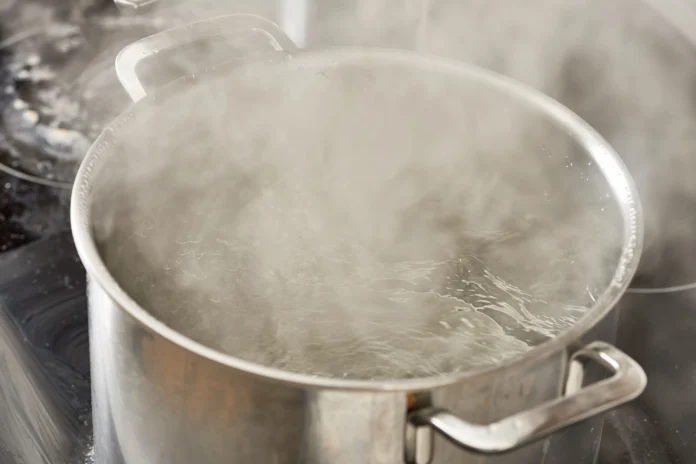A woman convicted of murdering her husband by scalding him with hot water has been released after the Court of Appeal overturned her 20-year jail term, citing the impact of prolonged domestic violence.
The case traces back to March 2, 2017, in Khalumani, Bungoma County, when residents heard the desperate cries of “Mama nakufa” (“Mother, I am dying”) from the home of Francis Wanyonyi Wesusia.
Witnesses later found him staggering out of his house, his skin peeling from severe burns. Before his death weeks later, Wesusia reportedly named his wife, Moureen Nafula Wanyonyi, as the person who attacked him while he slept.
Their daughter, a key witness, told the court she saw her mother boil water and pour it on her father. Police and medical officers confirmed the injuries covered over a third of his body, with a postmortem showing death caused by cardiopulmonary arrest from third-degree burns.
Nafula denied murder, insisting her husband—allegedly drunk and violent—had struck her during a fight and accidentally fell into the boiling water. The High Court dismissed her defence in 2019, ruling that boiling water and pouring it on a sleeping person proved intent to cause grievous harm, and sentenced her to 20 years in prison.
On appeal, her lawyer argued the trial judge relied on uncorroborated testimony from a child witness and ignored the context of domestic abuse. He said the trial court failed to consider battered woman syndrome (BWS), a psychological condition arising from prolonged abuse, which Kenyan courts have occasionally treated as a mitigating factor.
The State countered that the evidence against Nafula was overwhelming, citing consistent dying declarations by the deceased and the inherent cruelty of her act.
In its ruling delivered in Kisumu, the appellate judges upheld the conviction but reduced the sentence to time already served. They agreed that the killing was deliberate but faulted the trial court for overlooking her history of violence and trauma.
“While battered woman syndrome is not a defence in law, it may be considered in mitigation,” the court said, adding that Nafula’s years in custody and lack of prior record justified her release.
She was ordered to be freed immediately, “unless otherwise lawfully held.”



















